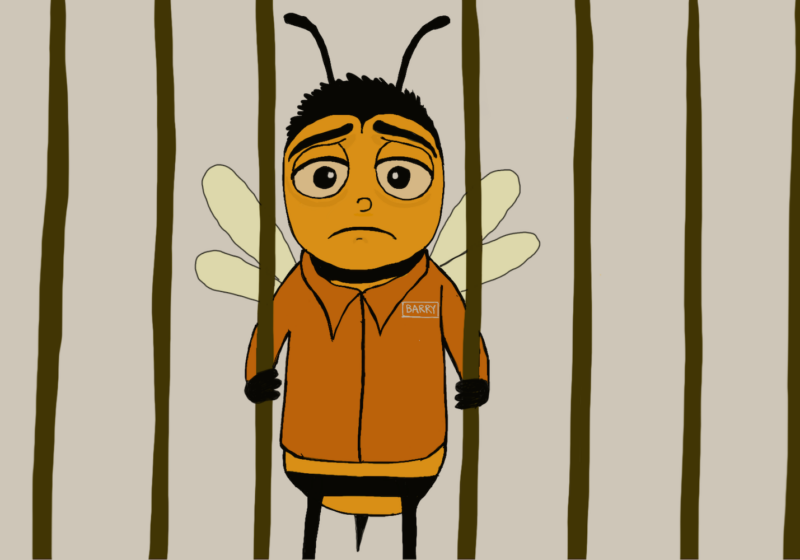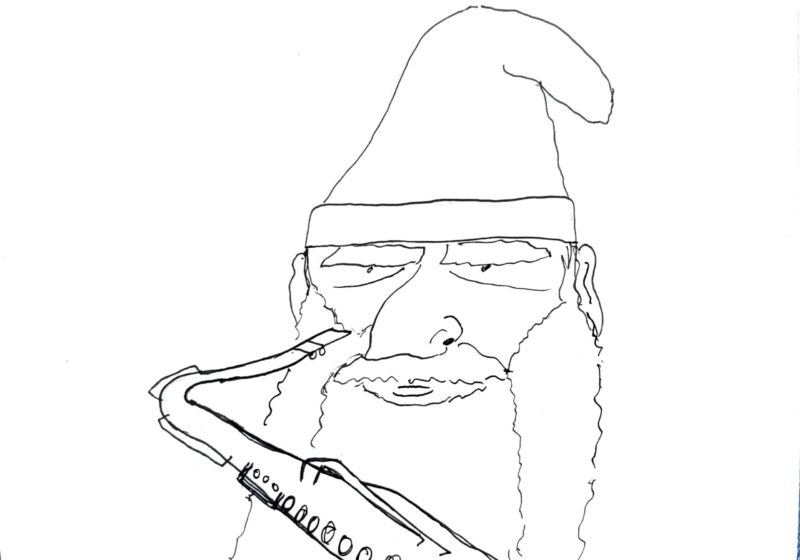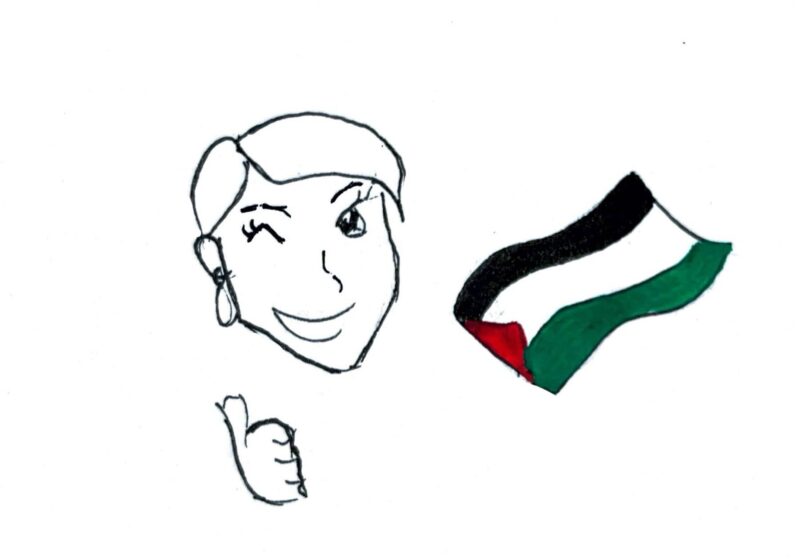Dave Masters had played the East Course at storied Oak Hill Country Club dozens of times before. But on a recent tour, the hefty set of clubs he carried on his shoulders did not have his own name etched on the bag-tag. Instead, they were the property of Ken Schall, a club professional from Iowa, and lugging them around was just one of Masters’ duties as a caddy at the 2003 PGA Championship this past August.
A Pittsford native and senior co-captain on the UR golf team, Masters was granted this unique opportunity after his head coach, Rich Johnson, received an inquiring phone call from Iowa.
Johnson’s brother, Jerry, had asked Rich if he knew anyone in the Rochester-area that was qualified to caddy for Schall, a close friend and fellow Iowa golf pro.
Schall qualified for the prestigious tournament, not as a member of the band of regular touring pros seen each week on TV attempting to catch a Tiger by the tail, but as a local club pro who was successful in regional qualifying.
He was coming to Rochester as a last minute guest with a few fantasies of playing into the weekend and without the usual tour caddy/psychologist that travels with most pros. Johnson immediately thought of Masters and arranged for the two to team up at golf’s final major of the year.
Although quite confident in his knowledge of UR’s home course, Masters was also aware that the eyes of the entire golf world would be fixed on this Pittsford acreage for a whole week.
After the initial excitement wore off, some “rookie jitters” soon set in. Though he would never be driving a ball off the tee or standing over a putt, he understood that there would still be pressure to perform.
“Thursday I was nervous about accidentally walking in someone’s line or doing something stupid by not paying attention,” Masters said. “When Ken came to me with a question it was a little nerve-wracking at first, to give a pro my opinion.”
Though Schall, who shot a 14-over 154, missed the cut, he contends that Masters’ familiarity with the course and its intricacies only helped his score both days.
“Dave’s general knowledge of the course helped me on numerous occasions. I can remember putts that he helped me read which made a real difference,” Schall said, who has competed in nine majors including the 1989 U.S. Open also played at Oak Hill. “On long shots he really knew where to hit it and where not to. Dave was just a fantastic caddy. I got lucky.”
While simply sitting back and savoring the moment might have sufficed for some, Masters made sure he seized the rare chance to learn from the game’s best.
Spending much of his free time during the week following and observing some of the world’s greatest players including Vijay Singh and Ernie Els, Masters learned several new drills and exercises that he has already introduced to his Yellowjacket teammates.
And while he picked up a few pointers by watching golf’s bigger names take aim, perhaps the most important lessons that Masters will walk away with came from Schall himself.
“[Ken’s] patience and ability to recover are unbelievable. He knew the conditions were tough and that you’re gonna hit bad shots. But it’s whoever can recover that will score the best in the end. That’s so important for a collegiate player like myself to work on in order to really be successful,” Masters said.
For now, Schall has returned to the Sunnyside Country Club in Waterloo, Iowa where he is gearing up for the PGA Northern Regional Club Pro Championship Sept. 25-28. Masters, a mechanical engineering major, is busy tackling a brand new year of UR golf and academics.
After competing inside in the ropes at a major together, the two players now share a memory of a “good walk unspoiled.”
<i.Gerton can be reached at mgerton@campustimes.org.




